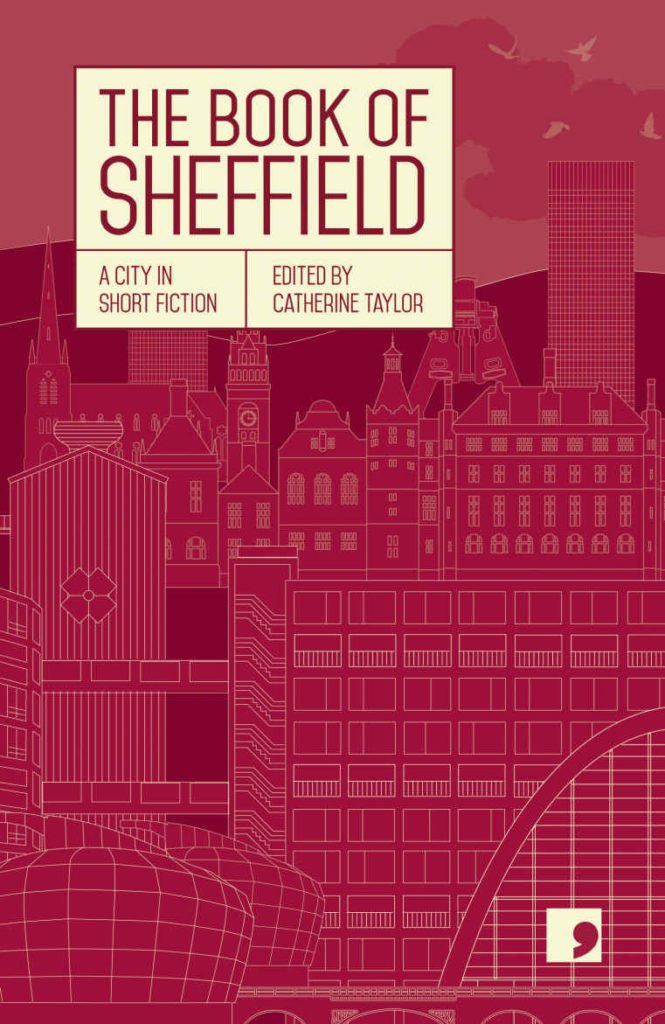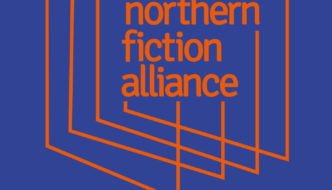
Ah, the short story. The novel’s frequently ignored little sister. Always a fan of the underdog, I find it a little odd that the genre doesn’t have a wider appeal. Like a half-hour run by the canal rather than a five-hour ramble over Ilkley Moor, in our time-poor lives there’s certainly a place for a short, sharp fix of escapism.
Comma Press wouldn’t disagree. The Manchester-based, not-for-profit publisher is on a mission to promote the short story and their ‘Reading the City’ series groups them under a common theme: one city. It’s a no-brainer. Who doesn’t want to read about their beloved hometown? Or somewhere they’ve never been, but think they should really know more about? Think of them as Lonely Planets for the more poetic amongst us.
First on my list in the series was the ‘The Book of Sheffield’, edited by Catherine Taylor (who provides a helpful introduction, particularly for non-Sheffielders). Like so many places up north, the so-called Steel City has gone through significant transformation since the collapse of its industry. The cultural fall-out is there in varying degrees in each of the ten pieces.
The stories are as eclectic as they are connected. As you might expect, they’re not all rose-tinted trips down memory lane. Helen Mort’s delicate ‘Weaning’ gives us an insight into a mother’s conflicting feelings towards motherhood and her changing relationship with the city. “Her body was Sheffield,” Mort writes, “She would have to learn it all over again.”
Geoff Nicholson’s ‘The Father Figure’ also name checks various Sheffield landmarks, in his darkly comic tale of a man who regularly sees people that look like his deceased father. I won’t give anything away, but the memorable ending is so bizarre you get the feeling it’s possibly true.
A lighter mood can be found Karl Riordan’s ‘Scrap’ and Johnny Pitts’s ‘Like a Night out in Sheffield’. In the latter, the references to Ini Kamoze, VK Blue and getting the bus to an out-of-town super club won’t be lost on some of us. Although I’m happy to leave that particular chapter of my youth behind, it’s good fun reading about it in this joyous, if a little obvious, story of a drunken romantic encounter.
Sheffield’s role in the slave trade is tackled head on in Desiree Reynolds’s ‘Born on Sunday, Silent’, which looks at the untold history of an Ashanti baby who is buried in the city’s cemetery. A perfect example of showing not telling, we’re left wondering what other parts of Sheffield’s past have been omitted from the history books. As Reynolds so succinctly says, “the things that got left out tell a story all of their own.”
Margaret Drabble offers up an equally thought-provoking take on the #MeToo movement in ‘The Avenue’. “Had the time come when we had to rewrite the whole of the past?” ponders an actress, recalling not only a shocking sexual assault on stage but her own ambivalence towards the experience.
Some of the works resonate more than others. Naomi Frisby’s ‘The Time Is Now’ is a surreal story of a band breaking up, but left me a little perplexed (although retrospective time-frames in stories often bamboozle me). The dystopian future cooked up in Tim Etchell’s ‘Long Fainting/Try Saving Again’ was intriguing yet rather bleak. One of the less traditional stories in the collection, it’s a little harder to chew over. Philip Hensher’s ‘Visiting the Radicals’ is an excerpt from his novel and it certainly reads as such, but there’s some great stories within the story (and a delightful poem), which just about make up for the feeling we’re missing more of the plot.
My favourite was Gregory Norminton’s ‘How to Love What Dies’, a haunting piece about a refugee’s sense of belonging. The language is breathtaking, the story intriguing and for me, the choice of narrator gave an entirely original perspective of Sheffield through the eyes of an ‘outsider’. “It is possible, with effort, to become a native of a place in which you were not born,” writes Norminton. An observation, I suspect, many of us can empathise with. And in these times, one we shouldn’t forget.
All in all, well worth the read. The bonus? You can dip in and out at your leisure and still feel cultured and complete.
The Book of Sheffield is available from Comma Press here.
Meg’s review of The Book of Newcastle, one of the latest Comma Press anthologies, will be published here shortly.
Filed under: Written & Spoken Word
Tagged with: book, book of sheffield, city, Comma Press, literature, place, review, Sheffield, short story, writing



Comments